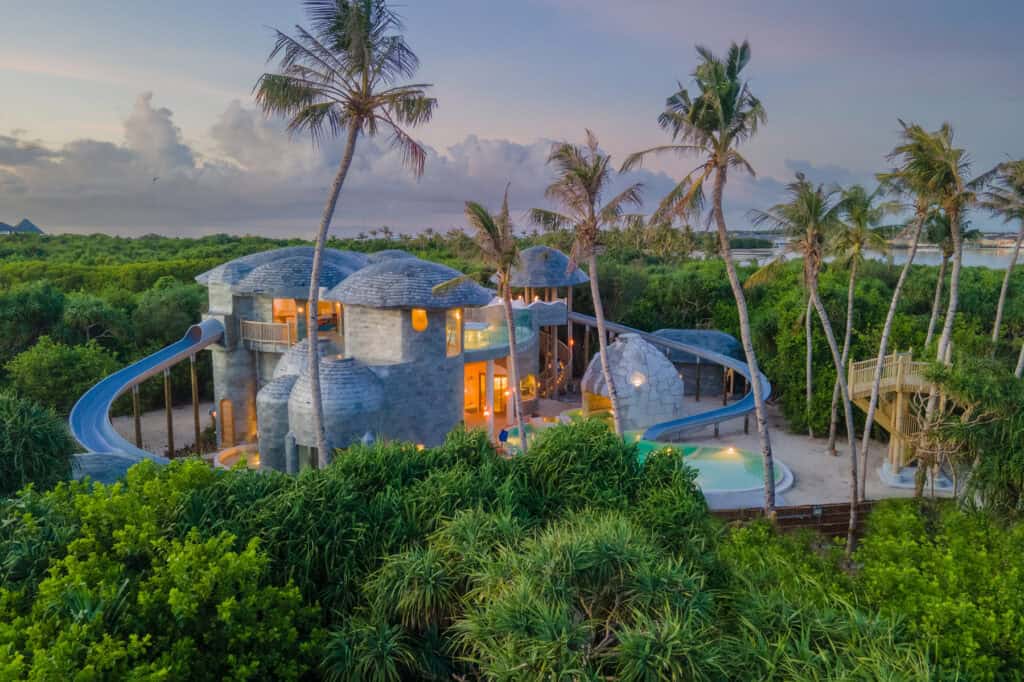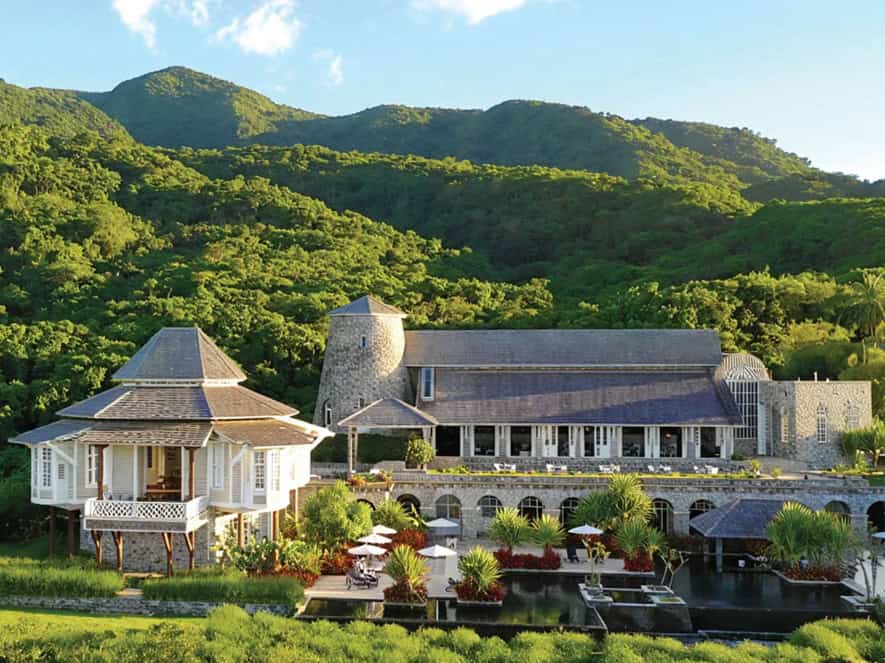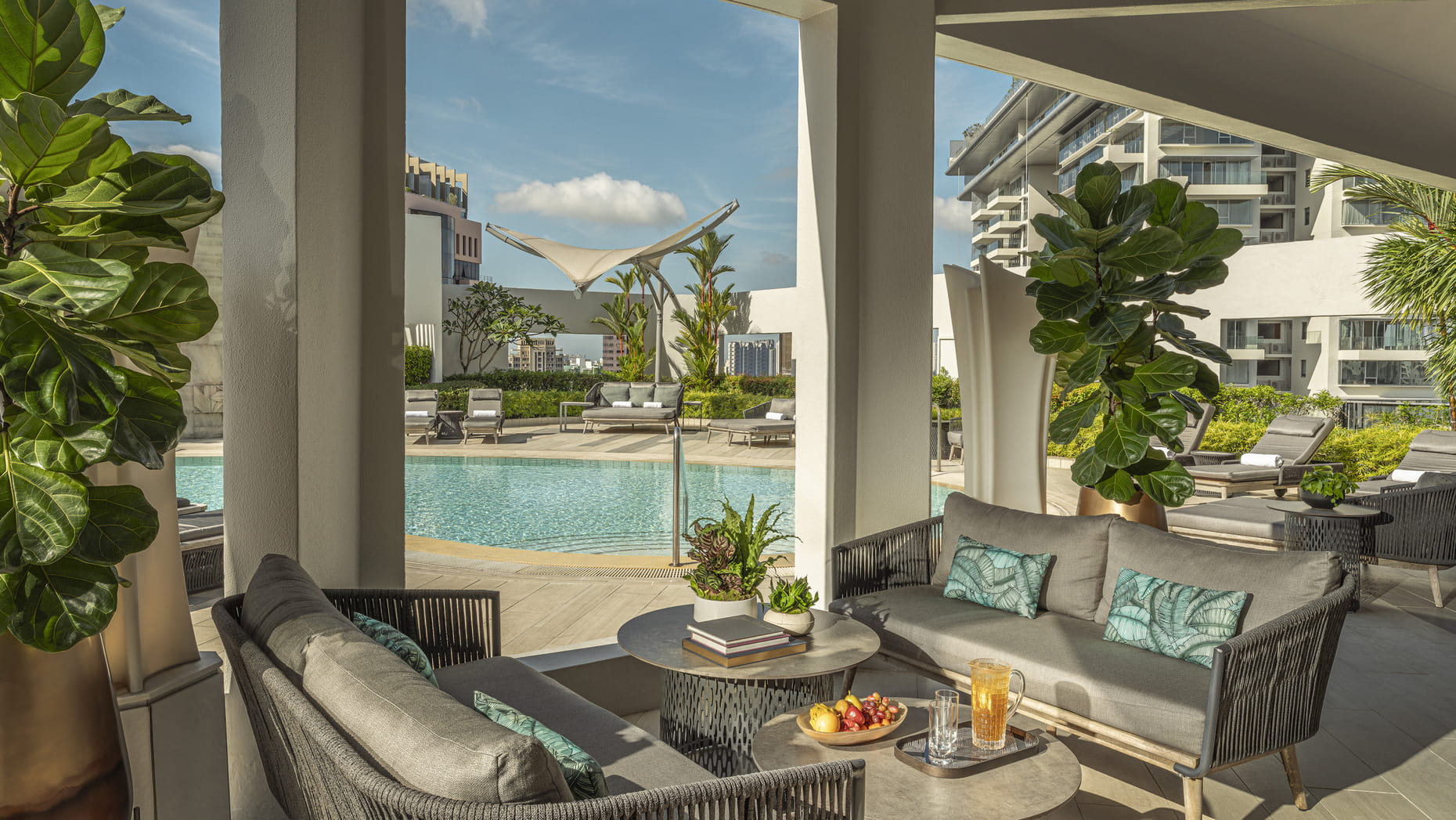In Japan, it’s not uncommon to live into your hundreds. More than that—it’s not uncommon to live into your hundreds and still be active, lucid, and happy. Japan has the most centenarians per capita, with more than double the USA, and the coastal region of Okinawa—nicknamed ‘The Land of the Immortals’—was recognised by the Blue Zones study to be one of five regions around the globe with the highest longevity. So what’s the big secret? Well, it’s not so much a secret, as universally acknowledged truths most of us around don’t place enough importance on—it’s a matter of lifestyle and diet rather than quick fixes and hacks. We spoke with Aki Okumura from Halekulani Resorts Japan about the lifestyle habits that make the island region so healthy.
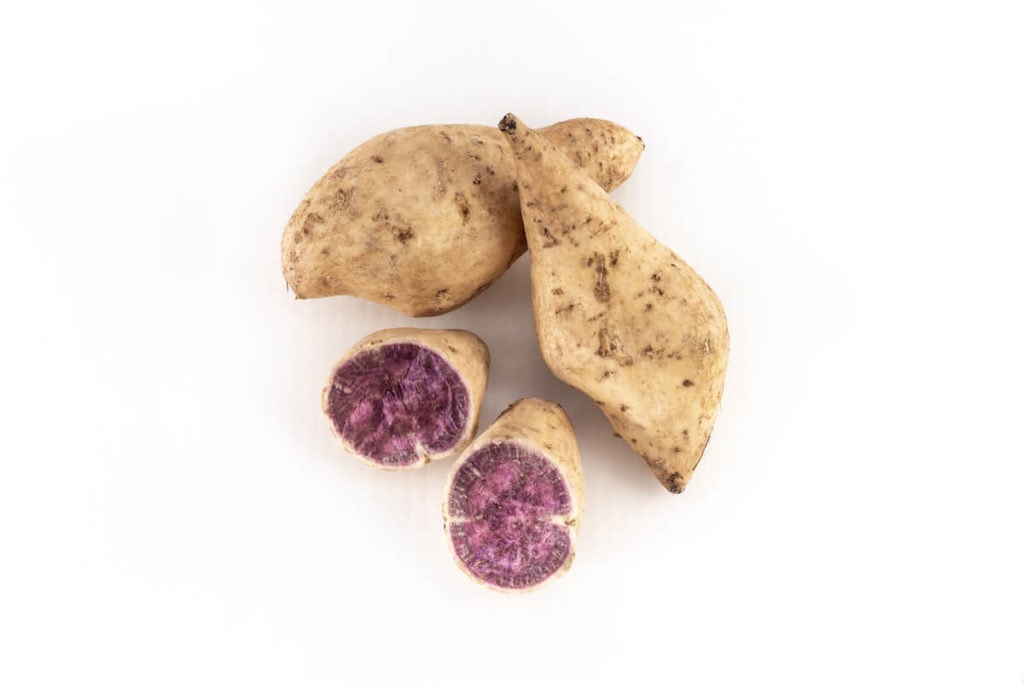
A Predominantly Plant-Based Diet
A saying in Okinawa, ‘Nuchi Gusui,’ translates to ‘Let food be your medicine’, and diet is one of the best-documented factors for longevity. “Okinawans’ fresh ingredient and diet really affect their longevity,” says Aki, noting that locally grown purple sweet potato—a powerhouse of vitamin A and C, fibre and antioxidants—makes up two-thirds of the population’s calorie intake. Japan’s diet as a whole is low in refined, simple carbohydrates, and the nutritional diversity of Okinawa’s regional staple is an added bonus.
Along with the purple sweet potatoes, Okinawan’s eat a predominantly plant-based diet that offers nutritional diversity: “Okinawans also consume lots of green and yellow veggies, such as the bitter melon — a plant that looks like a “warty cucumber” and is high in fibre and vitamin C.”
See also: The Ultimate Plant-Based Dining Guide To Hong Kong
Legumes, like soy, tofu and miso also feature heavily, along with smaller servings of fish, noodles, lean meats, fruit, and tea. “Herbs and spices, such as turmeric, are often used instead of salt, which is said to be medicinal and the key to a long and healthy life,” says Aki.
It’s not just what people in Okinawa eat though—it’s also what they don’t. “They simply eat fewer calories than the average person, due to a cultural practice of eating until you are only 80 percent full, known as Hara Hachi Bu,” explains Aki. “Fewer calories mean fewer free radicals are created in the digestive process. Fewer free radicals mean better cardiovascular health and less risk of cancer and other chronic illnesses.”
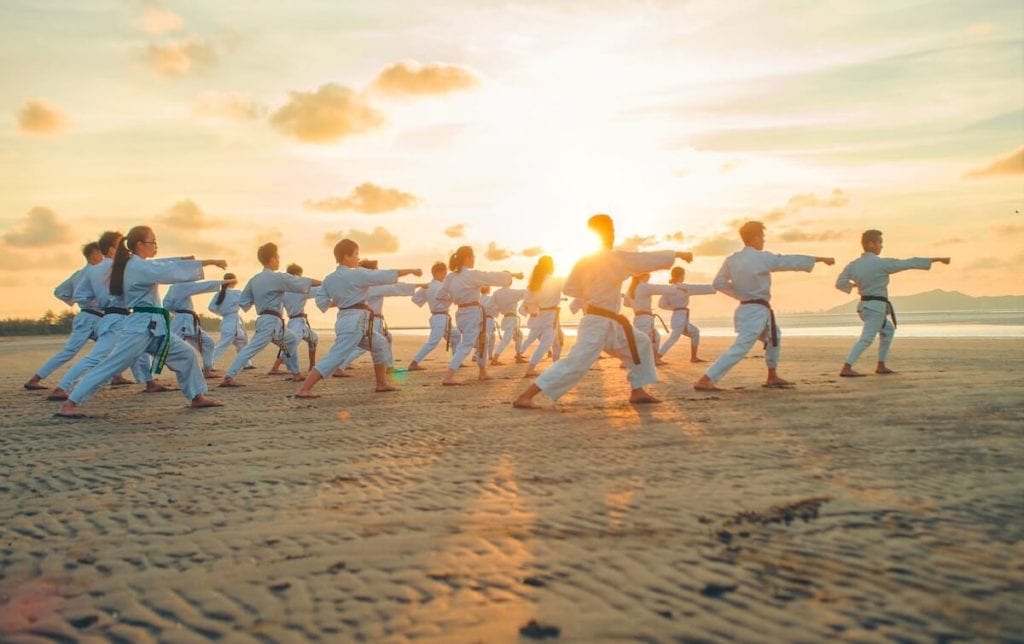
Gentle Movement & Mindfulness
Longevity isn’t just about living for a long time, but having a high quality of life into old age: being active, functional, and able to enjoy life in a similar way to when you were younger.
The Global Wellness Institute’s 2019 report on physical activity highlighted that natural movement and an active lifestyle was more effective for health than hitting the gym with a sedentary lifestyle. Opting for gentler, more mindful movement, Okinawa’s low-impact activities are what contributes to the resident’s long lifespans. “Through the persistent practice of Okinawan karate movements, Okinawans are able to achieve a better understanding of the strength needed to exist at peace and be able to implement this mindfulness in their everyday life,” says Aki.
The results of this lifestyle habit include lower levels of stress and an optimistic outlook. “When the personalities of Okinawans were tested, it was found that they were generally stress-free and maintained a positive outlook on life. They had strong coping skills and a deep sense of spirituality, meaning, and purpose.”
Find more luxury wellness retreats in Japan.
A Sense of Purpose
‘Ikagai’ in Japanese means ‘a sense of purpose’, and this key philosophy has been promoted by the Japanese government to give people more meaning in their lives, which has correlations with longevity. Aki says that Okinawans keenly embrace this philosophy: “An ikigai gives their lives purpose, responsibility and a clear reason to begin each day. With such a positive mindset, this allows for a high level of social integration.”
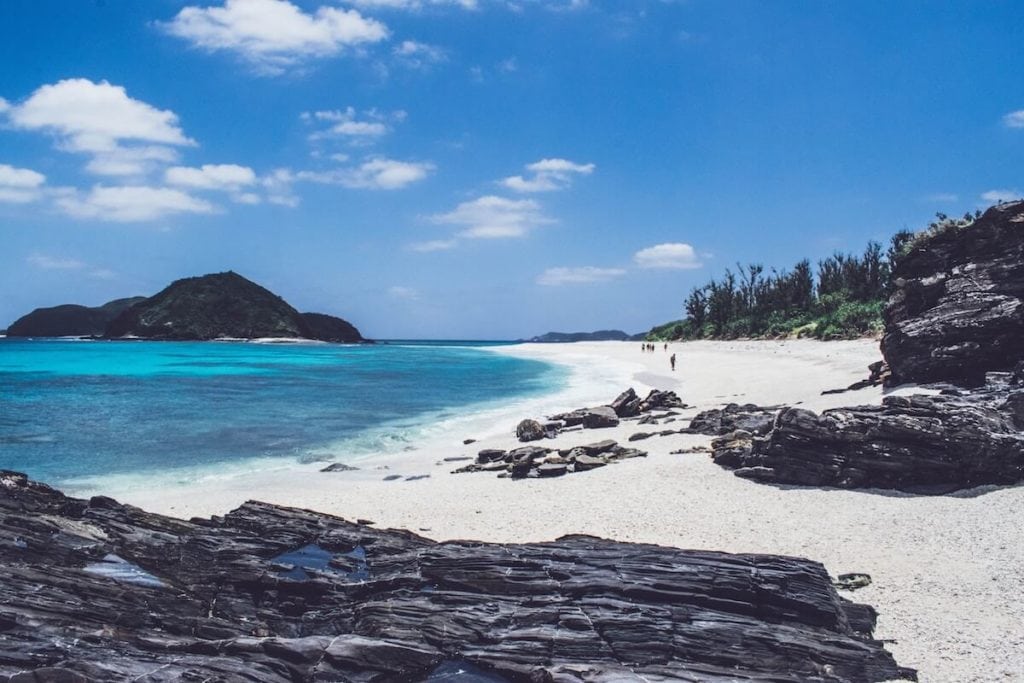
A Healthy Environment
We’re finally beginning to acknowledge that it’s impossible to be ‘well’ when your environment isn’t, but this has long been a key part of life in Okinawa. “The untouched natural environment enhances Okinawans’ quality of life in terms of environmental aspect,” says Aki. “They are free from environmental burdens like pollution and deforestation. Okinawa is also famous for its coastline, which provides Okinawans with a moderate supply of fish products.”
Community Ties
Community—and the socialising benefits that brings—is another key aspect to not just living long, but living well, particularly in relation to good mental and emotional health. “Support networks in Japan are typically thought to be family-centred, but support networks in Okinawa also centre around friends and neighbours,” says Aki.
“It is thought the tight settlement pattern in Okinawan villages and high rates of autonomy of Okinawan elders may encourage them to stay employed longer and have greater levels of social contact. Interestingly, there is no word for “retirement” in the Okinawan language.” Aki points to informal moai—social groups for sharing common interests—as an important aspect of the community structure that provides people with emotional and even financial support, when they need it.
Find more luxury wellness retreats in Japan.
Contact bookings@compareretreats.com to book your luxury wellness retreat

